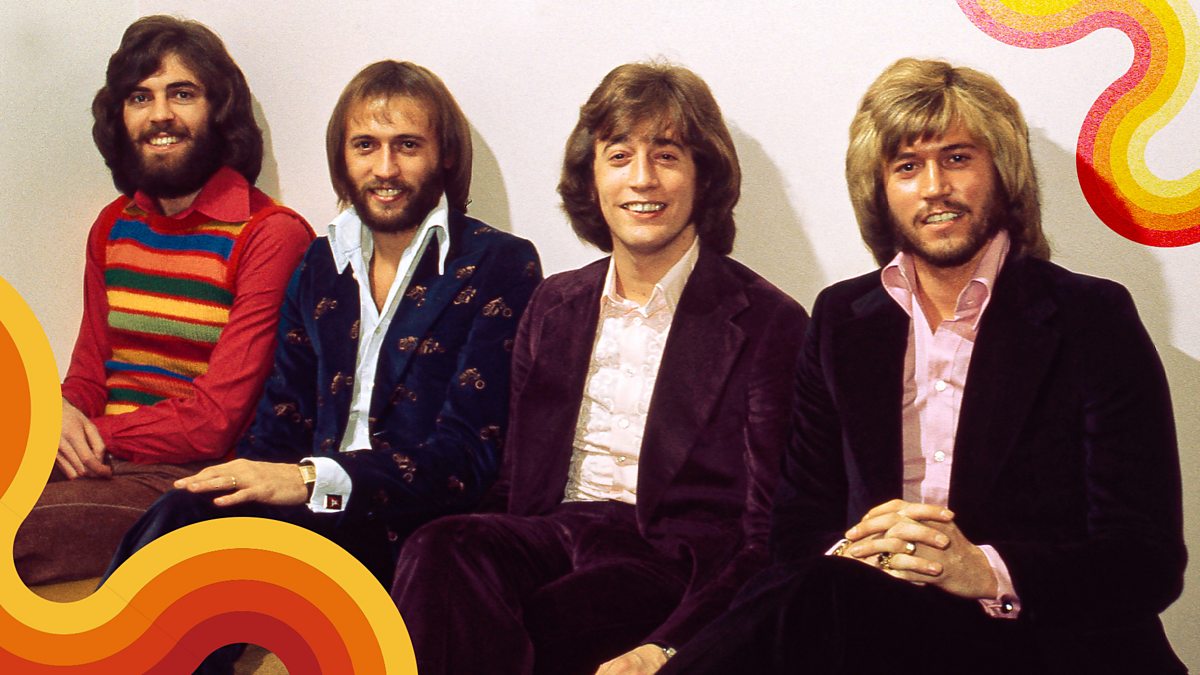
About the song
Bee Gees’ Odessa (City on the Black Sea). Now that’s a song that transports you, wouldn’t you agree? Released in 1969, it marked a turning point for the brothers Gibb. While they were already established stars with their pop-driven hits, Odessa showcased a newfound maturity and artistic ambition.
---> Scroll down for the VIDEO
This wasn’t your typical bubblegum pop song. Odessa ushered in a more introspective era for the Bee Gees. The title itself is intriguing, isn’t it? Odessa, a vibrant port city on the Black Sea, conjures images of bustling markets, rich history, and perhaps a touch of mystery. But the song isn’t actually about the city itself. It uses Odessa as a metaphorical destination, a beacon of hope for a lost soul adrift at sea.
The music perfectly complements the lyrical journey. The opening is a masterclass in setting a mood. Gentle acoustic guitar strokes from Maurice Gibb weave a melancholic tapestry, soon joined by the haunting strains of Paul Buckmaster’s cello. The orchestration, lush and evocative, creates a vast sonic landscape that reflects the vastness of the open ocean.
---> Scroll down for the VIDEO
Then, enter the unmistakable vocals of the brothers Gibb. Here, they’re not the high-pitched purveyors of pop perfection we’re used to. Instead, their voices take on a more mature quality, a touch of world-weariness that perfectly suits the narrative. The lyrics themselves are a stream of consciousness, fragmented thoughts and vivid imagery painting a picture of a shipwreck survivor clinging to life on an iceberg.
Odessa is more than just a song; it’s a sonic odyssey. It’s a testament to the Bee Gees’ artistic evolution, a moment where they shed their pop persona and embraced a more sophisticated sound. It’s a song that lingers long after the last note fades, leaving you pondering the vastness of the sea, the fragility of life, and the enduring human spirit that yearns for a safe harbor, even if it’s just a metaphorical Odessa (City on the Black Sea).